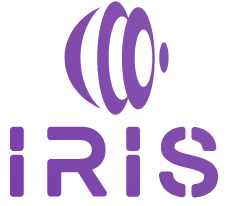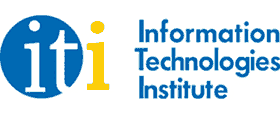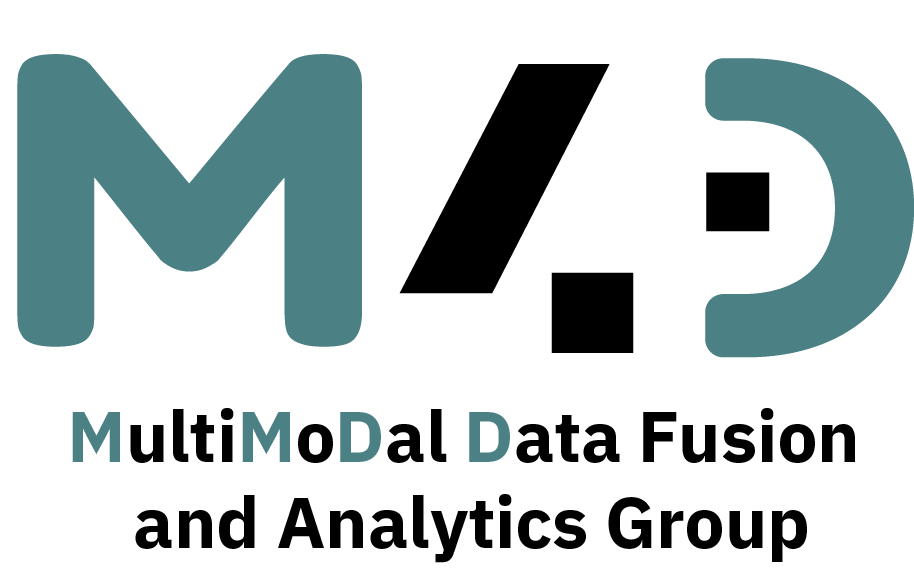



Thessaloniki, January 10, 2022
Artificial Intelligence Threat Reporting & Incidence report system
A new EU project has come to protect ICT systems providing collaborative-first approach and state-of-the-art technology
IRIS EU project, which consists of 19 partners from 12 European countries, officially launched its activities with the organisation of the consortium kick-off meeting that was held virtually, in September 2021.
As existing and emerging smart cities continue to expand their IoT and AI-enabled platforms, novel and complex dimensions to the threat intelligence landscape are introduced. These, are linked with identifying, responding and sharing data related to attack vectors, based on emerging IoT and AI technologies, whose architecture and behaviour are not currently well understood by security practitioners, such as CERTs and CSIRTs. This lack of experience as well as of tools, for detecting and reporting IoT & AI attack vectors is further aggravated by potentially greater safety risks caused by such attacks.
The H2020 IRIS project aims to deliver a framework that will support European CERT and CSIRT networks detecting, sharing, responding and recovering from cybersecurity threats and vulnerabilities of IoT and AI-driven ICT systems, in order to minimize the impact of cybersecurity and privacy risks. The IRIS platform will be made available, free of charge, to the European CERT and CSIRTs, by the end of the project.
IRIS concept is proposed as a federated threat intelligence architecture that instates three core technological and human-centric components into the threat intelligence ecosystem:
• The Collaborative Threat Intelligence module: forms the nexus of the IRIS framework and core component of the architecture enhancing the capabilities of the existing MeliCERTes platform by introducing Analytics Orchestration, an Open Threat Intelligence interface and an intuitive Threat Intelligence Companion. All these supported by a Data Protection and Accountability module;
• The Automated Threat Analytics module: collects and supply key threat and vulnerability assessment telemetry and respond to received intelligence, initiating autonomous response and self-recovery procedures:
• The Cloud-based Virtual Cyber Range: delivers an immersive virtual environment for collaborative CERT/CSIRT training exercises based on real-world environment platforms (and Digital Twin Honeypots), providing representative adversarial IoT & AI threat intelligence scenarios and hands-on training.
The IRIS platform will be demonstrated and validated in three carefully selected pilots resembling real world environments with the engagement of three smart cities (Helsinki, Tallinn and Barcelona) along with the involvement of national CERTs, CSIRTs and cybersecurity authorities.
“IRIS is uniquely positioned to provide a high impact solution to support the operations of European CERTs and CSIRTs for coordinated response to large-scale cross-border cybersecurity incidents and crises,” mentions Mr Nelson Escravana from INOV, the Project Coordination Team.
The IRIS consortium comprises of public organizations, SMEs with cutting-edge cyber technologies, large industries as service providers as well as research and academic partners with significant achievements to cybersecurity and privacy technologies.
The Information Technologies Institute (ITI) has been a founding member of the Centre for Research and Technology Hellas (CERTH) since 2000. The participating team of CERTH-ITI in IRIS is the Multimodal Data Fusion and Analytics Group (M4D) of the Multimedia Knowledge and Social Media Analytics Lab (MKLab); MKLab currently has more than 60 active European and National research projects.
In IRIS, CERTH-ITI, and in particular M4D, is responsible for the research and development of technologies that can support the creation of dynamic repositories related to threats and vulnerabilities which target IoT and AI-driven ICT systems. This information will be enriched with the use of taxonomies and ontologies.. The employed taxonomies and ontologies will be based on and improve in a (semi-)automatic way already existing IoT and AI related taxonomies and ontologies. Moreover, M4D is responsible for developing the dynamic policy framework and mechanisms for collaborative sharing and orchestration of cyber threat intelligence among CERTs, CSIRTs, and other stakeholders.
Contact Details
Project Coordinator: INOV – Instituto de Engenharia de Sistemas e Computadores, Inovacão, (INOV), Portugal
Email: coordinator@iris-h2020.eu
Project at a Glance
| Acronym | IRIS |
| Title | Artificial Intelligence threat Reporting and Incident response System |
| Funding |  This project has received funding from from the European Union’s Horizon 2020 research and innovation programme under grant agreement no 101021727 This project has received funding from from the European Union’s Horizon 2020 research and innovation programme under grant agreement no 101021727 |
| Duration | Duration 36 months (September 2021 – August 2024) |
| Project Coordinator | INOV – Instituto de Engenharia de Sistemas e Computadores, Inovacão, (INOV), Portugal Email: coordinator@iris-h2020.eu |
| Consortium | • INOV – Instituto de Engenharia de Sistemas e Computadores, Inovacão, (INOV), Portugal • European Cyber Security Organisation (ECSO), Belgium • Centrul National De Raspuns La Incidente De Securitate Cibernetica, (CERT-RO), Romania • Intrasoft International SA (INTRA), Luxembourg • Thales Six Gts France SAS (THALES), France • Atos It Solutions And Services Iberia SL (ATOS), Spain • Cisco Systems Spain S.L (CISCO SPAIN), Spain • Exalens (CLS), Netherlands • Sidroco Holdings Limited (SID), Cyprus • Cyberethics Lab SRLS (CEL), Italy • Commissariat A L Energie Atomique Et Aux Energies Alternatives (CEA), France • Ethniko Kentro Erevnas Kai Technologikis Anaptyxis, (CERTH), Greece • Institute Of Communication And Computer Systems (ICCS), Greece • Technische Universiteit Delft (TU Delft), Netherlands • Tallinna Tehnikaülikool (TalTech), Estonia • Universitat Politecnica De Catalunya (UPC), Spain • Kentro Meleton Asfaleias (KEMEA), Greece • Institut Municipal D’informatica De Barcelona (IMI BCN), Spain • Forum Virium Helsinki OY (FVH), Finland |
| Social Media | • Twitter: @iris_h2020 • LinkedIn: IRIS H2020 Project |
| Website | www.iris-h2020.eu/ |
